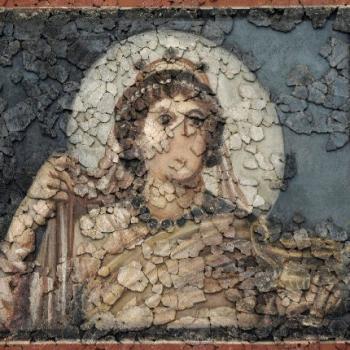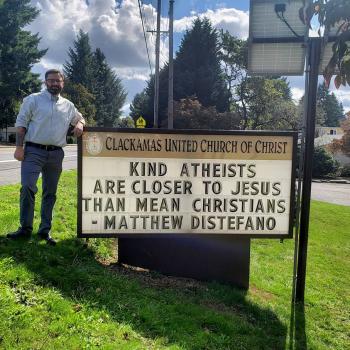The Struggle for the Land of Israel
The crisis in which we currently find ourselves is a struggle for the Land of Israel. Unlike earlier persecutors who wanted us to abandon our religion, or the Nazis who hated our very existence, the Arabs simply want the land. If we would give them the land and all go live in America, they would leave us alone and cease their cry of "Death to the Jews."
The Talmud says that three things are acquired only through suffering: Torah, the Land of Israel, and the Next World. Suffering wakes us up and forces us to confront reality. It breaks through the "automatic pilot" on which we live most of our lives and compels us to reexamine our values and adjust our actions.
Depending on our response, suffering can be the most powerful catalyst for spiritual growth, pushing us to move faster and further than the comfortable pace we ourselves would choose. Since we must all be on a high spiritual level in order to be worthy to inherit the land of Israel, we can understand why the land can be acquired only through suffering and the growth that suffering engenders.
Prophecies
The prophets tell us that the struggle for the land of Israel will herald the coming of the Moshiach (Messiah) and will be very difficult. This period the Talmud calls "the birth pangs of Moshiach."
Pregnant women take Lamaze courses not because what they learn will quell their labor pains, but because knowing what to expect helps them to handle the pain. So too, knowing what to expect during the period of "the birth pangs of Moshiach" will not change the ordeal, but it will make it less frightening. The fact that certain events were prophesized should make it easier for us to see God's hand in those events.
We know from the Prophets that the Messianic age will advance in two stages: the first is to be led by Moshiach, son of Joseph, and the second by Moshiach, son of David.
The Gaon of Vilna, the great 18th-century sage, in his book Even Shleima, writes about the era of Moshiach, the son of Joseph, as the era of the physical return to the Land of Israel. This era precedes the spiritual repentance of the actual Messianic age, that of Moshiach, the son of David.
There is a hiatus between the period of Moshiach, the son of Joseph, and the revelation of Moshiach, the son of David. This is the time period we are in now, which is the most difficult of all periods.
The biblical prophecies of the latter Prophets describe a horrendous time when all the nations will come up against Jerusalem. These can be interpreted on various levels. For example, the nations coming up against Jerusalem could be fulfilled by condemnations from the United Nations, rather than a literal war. The only thing that is clear from the biblical prophets is that this period will be very difficult, and that how it plays out will depend on us and our repentance.
What should we be doing during this particular time period? The Talmud in tractate Sanhedrin (98b) says that during the "birth pangs of Moshiach" two things save us: acts of loving-kindness and learning Torah.
Antidote for Cruelty
If you read the newspapers, as we all are avidly doing, you can see two kinds of reports:
1. the daily attacks of violence, which are often characterized by hair-raising cruelty, and
2. the political manipulations and power struggles (will there or won't there be a unity government, will the peace process continue, etc).
Acts of loving-kindness are the antidote for cruelty. Torah is the antidote for the political labyrinth, which has left us desperate and dispirited. Learning Torah, in essence, means making our minds secondary to God's mind, without ego or power trips.
The Talmud tells us that we are going to recognize that we have no one to rely on except God. So anyone who thinks that our salvation will come from the Israeli government, or the American administration, or the Israeli army, will have to be convinced otherwise by the tragic denouement of events. Our salvation will come when we look to God alone.
We cannot say that this is how we like things to be: the Jerusalem suburb of Gilo under fire and Jewish people murdered and mutilated.
But bitachon requires that we respond: "Although I don't like what's happening, I'm not going to surrender to a sense of calamity. Instead, I'm going to let the crisis move me forward. I'm going to be a person who does more acts of kindness; I'm going to learn more Torah. I'm going to see God's hand in day-to-day events. The locked gate is there for me to climb over it."
This article was first published by Aish.com and is reprinted with permission.
Rebbetzin Tzipporah Heller has been a full-time faculty member of Neve Yerushalayim College in Jerusalem since 1980. Her areas of expertise include textual analysis of biblical literature and Jewish philosophy with an emphasis on the teachings of Maimonides and Maharal. She is also particularly well known for her courses devoted to the role of women in Judaism and analyses of the lives of women in the Bible.




